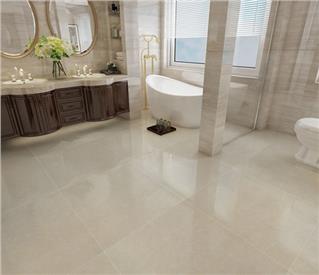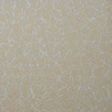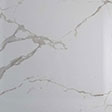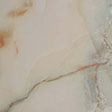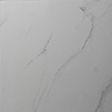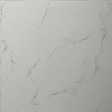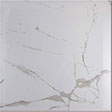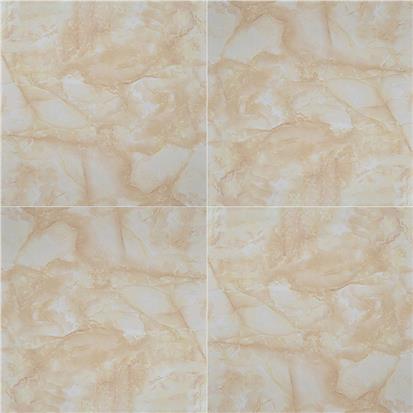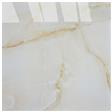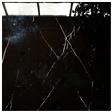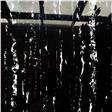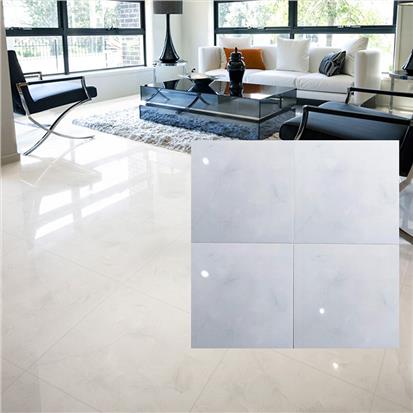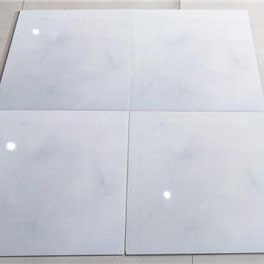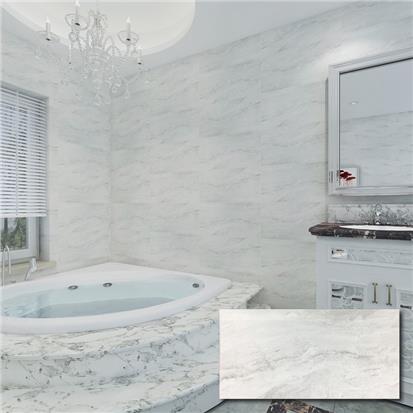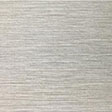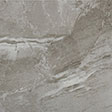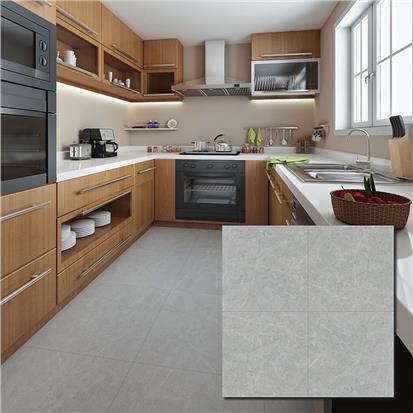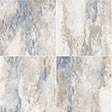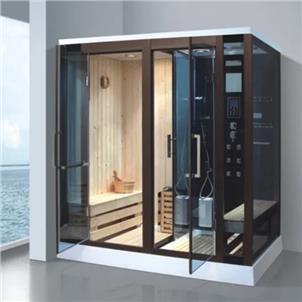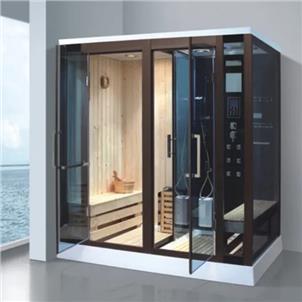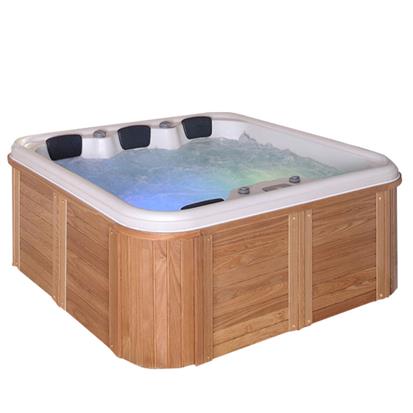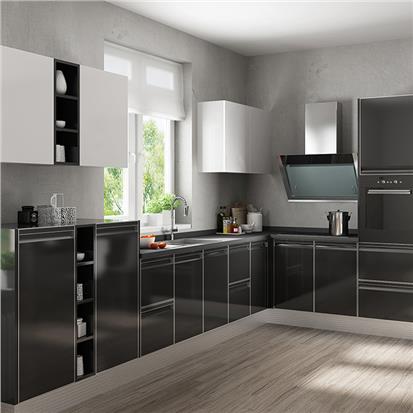Porcelain tile is one of the most popular and versatile materials in modern interior and exterior design. Whether you're renovating your kitchen, bathroom, or outdoor patio, porcelain tile offers a winning combination of durability, elegance, and easy maintenance. Known for its low water absorption rate and high resistance to wear and stains, porcelain tile is an ideal choice for both residential and commercial applications.
In this comprehensive guide, we’ll explore everything you need to know about porcelain tile, including its types, benefits, applications, and why it's a superior choice compared to other flooring materials.
What is Porcelain Tile?
Porcelain tile is a type of ceramic tile made from finer, denser clay and fired at higher temperatures. This manufacturing process results in a tile that is:
Harder and more durable
Water-resistant
Scratch- and stain-resistant
Available in countless designs and finishes
Porcelain tiles come in a variety of styles, from matte and glazed porcelain tiles to polished porcelain tiles, allowing you to achieve virtually any look you desire — from marble and stone to concrete and wood grain effects.
Types of Porcelain Tile
1. Porcelain Floor Tile
Porcelain floor tiles are engineered for high-traffic areas such as hallways, kitchens, and bathrooms. They are stronger than standard ceramic tiles and offer excellent resistance to cracking, chipping, and moisture.
Long-tail keyword focus: best porcelain floor tile for kitchen, porcelain floor tiles for heavy traffic areas
2. Porcelain Wall Tile
Ideal for backsplashes, accent walls, or bathroom walls, porcelain wall tiles are thinner and lighter than floor tiles but still maintain high durability and moisture resistance.
Long-tail keyword focus: porcelain wall tile for shower, modern porcelain wall tiles
3. Polished Porcelain Tile
Polished porcelain tiles feature a high-gloss finish that enhances light reflection, making rooms appear brighter and more spacious. These are popular in living rooms, lobbies, and upscale bathrooms.
Long-tail keyword focus: glossy polished porcelain tile, polished porcelain tile for living room
4. Outdoor Porcelain Tile
Outdoor porcelain tiles are frost-resistant, non-slip, and extremely durable. Perfect for patios, balconies, and pool decks, these tiles are built to withstand harsh weather conditions.
Long-tail keyword focus: non-slip outdoor porcelain tile, porcelain tile for outdoor patio
Benefits of Using Porcelain Tile
✅ 1. Superior Durability
Porcelain tile is one of the toughest flooring materials on the market. It’s resistant to scratches, dents, and wear, making it ideal for busy homes and commercial spaces.
✅ 2. Water and Stain Resistance
Its low water absorption rate (typically less than 0.5%) makes porcelain tile perfect for bathrooms, kitchens, and outdoor areas.
✅ 3. Easy to Clean and Maintain
All it takes is regular sweeping and mopping to keep porcelain tiles looking new. No need for special cleaners or treatments.
✅ 4. Wide Range of Designs
Porcelain can mimic natural stone, wood, and concrete textures, giving you endless design possibilities without the upkeep of natural materials.
✅ 5. Fire and UV Resistant
Porcelain tiles won’t burn or fade under sunlight, making them a safe and long-lasting solution for both indoor and outdoor applications.
Popular Applications for Porcelain Tile
Kitchens: Use porcelain floor tiles for long-lasting beauty and stain resistance.
Bathrooms: Choose porcelain wall tile in shower areas for a sleek, waterproof finish.
Living Rooms: Create a luxurious look with polished porcelain tile.
Outdoors: Install outdoor porcelain tile on decks, patios, and walkways for slip-resistance and durability.
Porcelain Tile vs. Other Materials
| Feature | Porcelain Tile | Ceramic Tile | Natural Stone | Vinyl/Laminate |
|---|---|---|---|---|
| Water Resistance | ★★★★★ | ★★★☆☆ | ★★☆☆☆ | ★★★★☆ |
| Durability | ★★★★★ | ★★☆☆☆ | ★★★★☆ | ★★☆☆☆ |
| Maintenance | ★★★★★ | ★★★★☆ | ★★☆☆☆ | ★★★★☆ |
| Design Variety | ★★★★★ | ★★★★☆ | ★★★☆☆ | ★★★☆☆ |
| Cost (per sqft) | Moderate | Low | High | Low-Mid |
How to Choose the Right Porcelain Tile
Determine Usage Area: Choose non-slip tiles for wet areas and heavy-duty floor tiles for high-traffic zones.
Pick the Finish: Matte is best for bathrooms and outdoors, while polished finishes add elegance indoors.
Check the PEI Rating: For floor applications, choose a PEI (Porcelain Enamel Institute) rating of 4 or 5.
Color and Style Match: Pick a style that complements your overall interior or exterior design.
Installation Tips
Always hire a professional for large-scale floor tile installation.
Use the correct type of grout and sealant depending on the tile's finish and location.
For outdoor porcelain tile, ensure proper slope for drainage and use frost-proof adhesive.
Trends in Porcelain Tile (2024–2025)
Large-format tiles (24x48” and up) for seamless looks
Wood-look porcelain tiles in rustic and Scandinavian tones
Textured and 3D porcelain wall tiles for modern feature walls
Terrazzo and stone-inspired porcelain for a luxury aesthetic
Eco-friendly porcelain tiles made from recycled materials
How to Maintain Porcelain Tile for Long-Term Beauty
Porcelain tiles are known for being low-maintenance, but a few smart care habits can help you preserve their beauty for decades:
Daily Cleaning
Sweep or vacuum to remove dust and debris.
Mop using warm water and a pH-neutral cleaner.
Avoid harsh chemicals, as they can erode sealants (for certain finishes).
Deep Cleaning
For stubborn stains, use a soft-bristle brush and baking soda paste.
For polished porcelain tile, use a specialized polish restorer occasionally.
Grout Maintenance
Seal the grout lines annually to prevent discoloration and mildew buildup.
Use grout pens to restore old grout color if needed.
Why Porcelain Tile is a Smart Investment
Porcelain tile is more than just a practical flooring or wall covering — it’s a smart, stylish, and sustainable investment. From sleek kitchen floors to rugged outdoor patios, it offers beauty that lasts for decades. With so many styles, finishes, and performance benefits, porcelain tile remains one of the most preferred choices among homeowners, designers, and builders worldwide.
Frequently Asked Questions (FAQ)
1. What is the difference between ceramic and porcelain tile?
Porcelain tile is made with finer clay and fired at higher temperatures, making it denser, less porous, and more durable than regular ceramic tile.
2. Can porcelain tile be used outdoors?
Yes. Outdoor porcelain tiles are frost-proof, UV-resistant, and slip-resistant, making them ideal for patios, terraces, and balconies.
3. Do porcelain tiles need sealing?
Most glazed porcelain tiles do not require sealing. However, unglazed or polished tiles may need a protective sealant to prevent staining and enhance shine.
4. How long does porcelain tile last?
With proper installation and minimal maintenance, porcelain tiles can last over 50 years, outperforming many other flooring materials.
5. Are there different grades of porcelain tile?
Yes. Look for:
PEI rating for wear resistance
Water absorption rate (<0.5% is best)
Rectified edges for tighter grout lines and a seamless look
 EN
EN FR
FR PT
PT AR
AR

